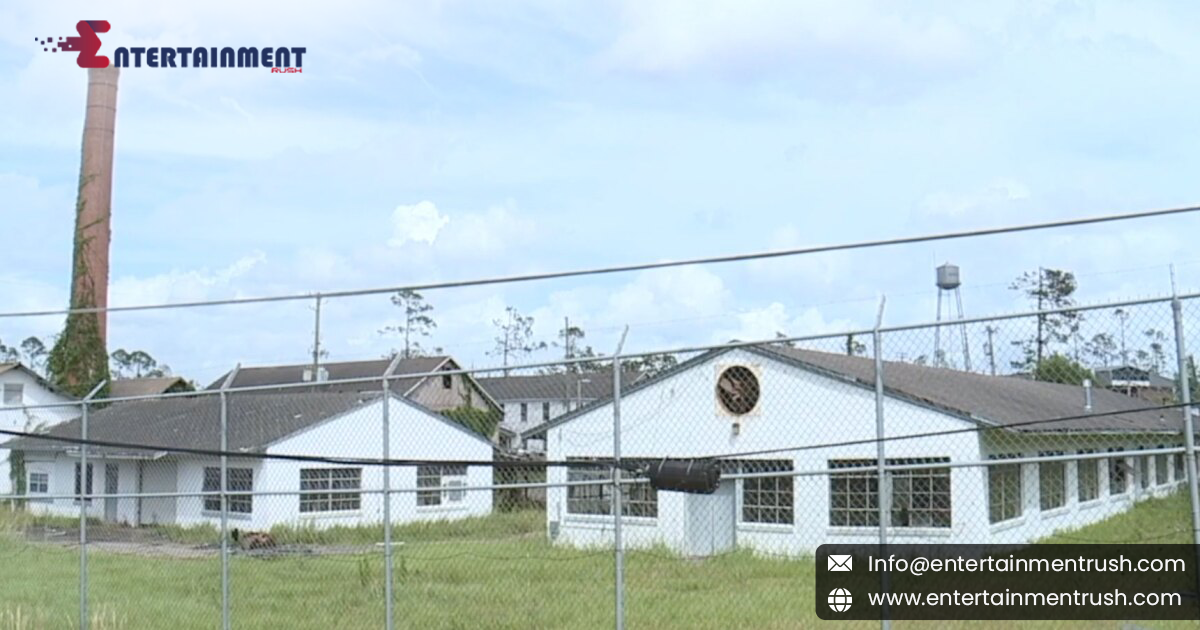In a significant move towards justice and reparations, Florida has announced plans to compensate victims of abuse at an infamous reform school. This decision marks a pivotal moment in acknowledging the suffering endured by individuals who were mistreated while under the care of the institution. This blog explores the context of this announcement, the implications for the victims, and the broader impact on justice and reform.
The Infamous Reform School: A History of Abuse
The reform school in question has long been associated with allegations of severe abuse and mistreatment. Established to rehabilitate troubled youth, the institution instead became a place where many experienced physical and emotional trauma. Reports of harsh disciplinary measures, inadequate living conditions, and systemic neglect have surfaced over the years, painting a grim picture of the school’s operations.
Key Issues Highlighted:
Physical Abuse:
Many former residents reported instances of physical abuse, including beatings and harsh punishment.
Neglect:
Inadequate medical care, poor living conditions, and lack of proper education were common complaints.
Psychological Trauma:
The abusive environment left lasting psychological scars on many individuals.
Florida’s Decision to Compensate Victims
The decision by Florida to compensate victims of abuse at the reform school is a significant step toward acknowledging and rectifying the wrongs of the past. This move is part of a broader effort to address historical injustices and provide support to those who have suffered due to systemic failures.
Details of the Compensation Plan:
Financial Compensation:
Victims will receive financial compensation as a means of acknowledging their suffering and providing some form of restitution.
Support Services:
In addition to financial compensation, support services such as counseling and mental health support will be offered to help victims cope with the long-term effects of their experiences.
Implications for the Victims
The compensation plan represents a crucial acknowledgment of the pain and suffering experienced by the victims. While financial restitution cannot undo the trauma, it provides a tangible form of recognition and support for those who endured abuse.
Potential Impacts on Victims:
Restorative Justice:
The compensation serves as a form of restorative justice, offering a measure of validation and acknowledgment of the wrongs done to the victims.
Emotional Healing:
Financial support and access to mental health services can aid in the emotional healing process for many individuals affected by the abuse.
Broader Impact on Justice and Reform
Florida’s decision to address the abuse at the reform school is part of a larger trend towards holding institutions accountable and rectifying past injustices. This move highlights the importance of transparency and accountability in addressing systemic failures.
Broader Implications:
Institutional Accountability:
The decision underscores the need for institutions to be held accountable for their actions and to address past wrongs comprehensively.
Reform Efforts:
The case may prompt further examination and reform of systems involved in the care of vulnerable populations to prevent similar abuses in the future.
Conclusion
Florida’s commitment to compensating victims of abuse at the infamous reform school represents a significant step toward acknowledging and addressing past injustices. By providing financial compensation and support services, the state aims to offer some measure of restitution and aid in the healing process for those who suffered. This decision not only highlights the importance of addressing historical wrongs but also serves as a reminder of the ongoing need for accountability and reform in systems responsible for the care and protection of vulnerable individuals. As this process unfolds, the focus will remain on ensuring that justice is served and that such abuses are prevented in the future.
